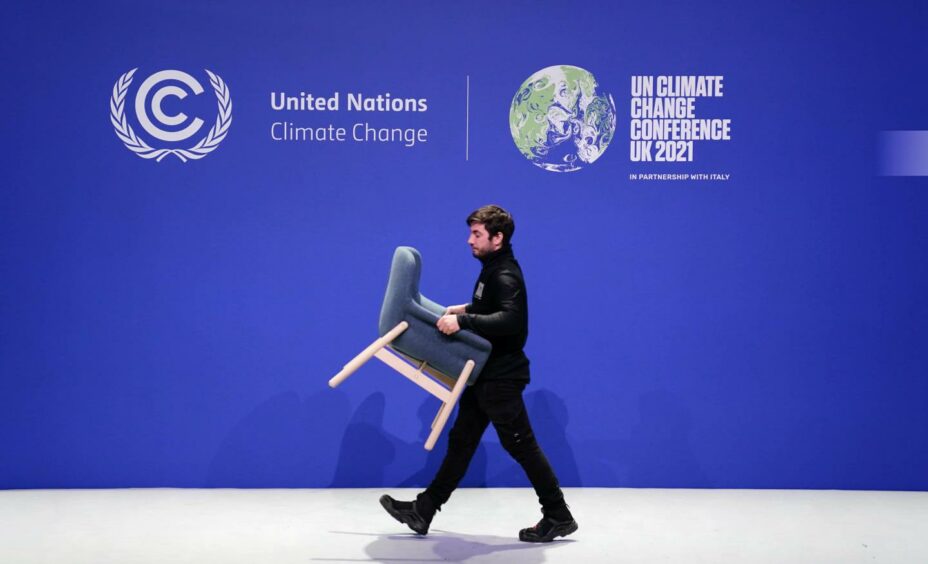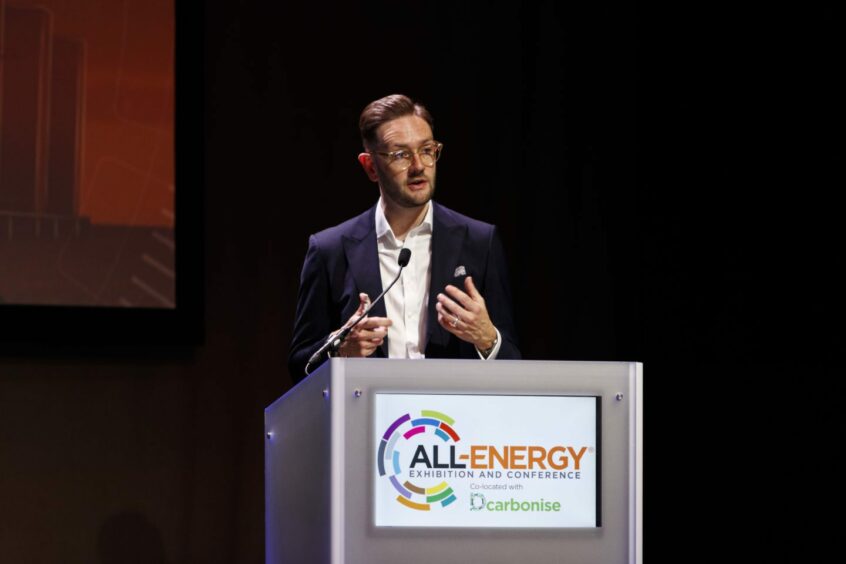 © PA
© PA A new report on the UK’s progress in reducing emissions finds the pace of transition “worryingly slow” as government drags its feet on policy drivers for sectors such as hydrogen and heating.
In its 15th progress report to government, the Climate Change Committee (CCC) said that while it was confident the UK’s Fourth Carbon Budget could be met by the 2027 deadline, its confidence in meeting goals from 2030 onwards is now “markedly less” than it was just one year ago.
In addition, the independent advisory body warned that the UK has “lost its clear global leadership position on climate action” amid “confusing signals” as to its priorities – namely via support for new oil and gas exploration and the opening of a new coal mine in Cumbria.
Meanwhile progress on key sectors such as industrial decarbonisation and hydrogen is now lagging in the face of greater international efforts by the likes of the US and EU.
No ‘cheap oil’
It comes as government approval for Equinor’s 300m barrel Rosebank field is expected within imminently, followed by the results of a new exploration licensing round to be announced in the coming months.
CCC chairman Lord Deben said the group understands that political leaders have had to weigh up global issues around gas supplies in the wake of the Ukraine crisis.
However, he reiterated the committee’s view that the UK should not pursue new exploration and exploitation of North Sea resources, largely because production would come online at a time in which “the world will be awash with oil” as other nations decarbonise.
“British oil will still be sold internationally. The price will not be any different – we’re not going to have cheap oil.
“The concern I have is that we are setting in train something which we won’t need, and which sets the worst possible example for the rest of the world.”
In analysis published last February the Committee said it supported “stringent” tests on North Sea licensing, but stopped short of recommending an end to exploration.
“The UK will continue to need some oil and gas until it reaches Net Zero, but this does not in itself justify the development of new North Sea fields,” Wednesday’s report added.
Strategic decisions ‘can’t wait’
CCC chief executive Chris Stark highlighted the urgency of the findings, noting that last year marked the first time on record that UK temperatures exceeded 40°C.
Between 2014 and 2022 domestic emissions fell by an average of 3% per year, but must fall by an average of 5.6% per year from now until 2030 to meet internationally agreed targets.
The bulk of reduction so far has largely come from changes in the power and electricity sector, while progress in other parts of the economy has been far slower. The result is that the pace of decarbonisation must now nearly quadruple in key sectors such as transport, buildings and industry.
Renewable electricity capacity increased in 2022, but not at the rate required to meet the government’s stretch targets, particularly for solar. The CCC says an opportunity was “missed” for faster deployment of onshore wind and solar, which could have helped further reduce the use of imported gas.
Meanwhile the UK is falling behind its peers in key metrics – ranking 21st out of 21 countries in terms of heat pump installations per capita, for example.
While the recent £20bn support for carbon capture was welcomed, the CCC noted there is “no clear policy to deliver” government’s ambitions for clean steel production.
On hydrogen, Mr Stark pressed for urgent action to bring forward a strategic decision on the role of the fuel in domestic heating currently set for 2026. The CCC said ministers “must overcome this uncertainty by accelerating deployment of electric heating and pressing ahead with low-regret energy infrastructure decisions.”
And while he was “very encouraged” by recent efforts to reform energy planning and regulation, Mr Stark said major strategic decisions “can’t wait until the next general election.”
“We need bold decisions from our political leaders to allow those institutions to do the job of regulating and designing that energy system for the best outcome for the consumer and the climate.
“It’s that condition and the willingness to take the tough decisions from ministers that has been lacking, I’m afraid.”
UK going ‘far beyond’ others, says government
Responding to the CCC’s findings a government spokesperson said: “We can be proud of the UK’s record as a world-leader on net zero. We are going far beyond other countries and delivering tangible progress whilst bringing down energy bills with hundreds of pounds coming off bills from next month.
“The UK is cutting emissions faster than any other G7 country and attracted billions of investment into renewables, which now account for 40% of our electricity. In the last year alone, we have confirmed the first state backing of a nuclear project in over 30 years and invested billions to kickstart new industries like carbon capture and floating offshore wind.
“With a new department dedicated to delivering net zero and energy security, we are driving economic growth, creating jobs, bringing down energy bills, and reducing our dependence on imported fossil fuels.”

